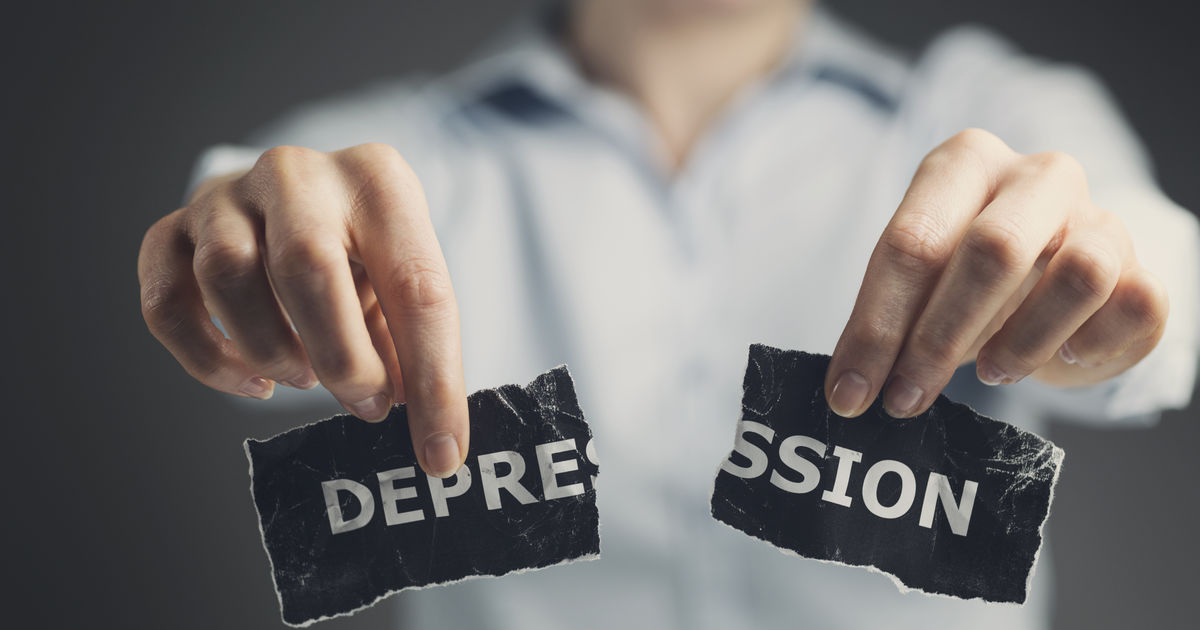
How to Relieve Depression Without Medication?
Feeling weighed down by depression but hesitant about taking medication? You’re not alone! Depression is a common challenge, but there are plenty of effective, non-medicinal strategies to help you reclaim your happiness. At Cordial Psychiatry, we’re all about holistic approaches that fit your lifestyle. So, if you’ve ever asked, “How can I relieve depression without medication?”—this guide is for you. Let’s dive into practical and science-backed solutions that’ll make a difference in your mental health journey.
Understanding Depression
Before we get to the solutions, let’s talk about what depression actually is. Depression isn’t just feeling sad—it’s a complex mental health condition that affects your mood, energy, and even how you view yourself and the world. Symptoms might include:
- Persistent sadness or emptiness
- Loss of interest in activities
- Fatigue or low energy
- Difficulty sleeping or sleeping too much
- Feelings of hopelessness
But here’s the good news: with the right support and strategies, you can improve how you feel!
Why Consider Non-Medicinal Approaches?
Medication works wonders for some, but it’s not the only answer. Many people prefer natural alternatives for reasons like:
- Avoiding side effects.
- Personal beliefs about wellness.
- Wanting long-term, sustainable solutions.
Whatever your reason, there are plenty of options worth exploring.
How to Relieve Depression Without Medication?
Get Moving: Exercise is Magic!
It might sound cliché, but physical activity is a game-changer. When you exercise, your brain releases feel-good chemicals like endorphins, which boost your mood. Plus, regular movement can help with sleep and energy levels.
Tips to get started:
- Take a brisk 15-minute walk every day.
- Try yoga or Pilates for a calming workout.
- Join a group class—bonus points for socializing!
Nourish Your Body, Fuel Your Mind
Ever heard the phrase, “You are what you eat”? It’s true! A balanced diet plays a massive role in mental health. Foods rich in omega-3s, antioxidants, and vitamins can help stabilize mood.
Foods to include:
- Fatty fish like salmon or mackerel.
- Dark leafy greens like spinach or kale.
- Nuts, seeds, and whole grains.
Lean on a Support System
No one should face depression alone. Whether it’s friends, family, or a professional, talking things out can be incredibly therapeutic. At Cordial Psychiatry, we encourage open conversations—it’s a cornerstone of healing.
Ideas to connect:
- Schedule weekly check-ins with loved ones.
- Join a local support group.
- Consider therapy for expert guidance.
Practice Mindfulness and Meditation
Mindfulness isn’t just trendy—it works! Being present helps reduce anxiety and negative thinking, both of which fuel depression.
How to start:
- Use apps like Calm or Headspace for guided meditation.
- Spend five minutes focusing on your breathing.
- Try mindfulness exercises, like gratitude journaling.
Prioritize Sleep Like a Pro
Sleep and mental health are closely connected. Poor sleep can worsen depression, so developing good sleep hygiene is key.
Sleep tips:
- Stick to a consistent bedtime.
- Avoid screens an hour before sleep.
- Create a relaxing pre-sleep routine, like reading or stretching.
Engage in Creative Outlets
Whether it’s painting, writing, or playing music, creative activities can be incredibly therapeutic. They allow you to express emotions, release stress, and build a sense of accomplishment.
Fun ideas:
- Join a local art class.
- Start a DIY project at home.
- Explore music or dance—it doesn’t have to be perfect!
Limit Stress with Smart Boundaries
Stress is a major trigger for depression. Learning how to set boundaries and say “no” when needed can work wonders for your mental health.
Simple boundary tips:
- Keep a manageable schedule.
- Avoid toxic environments.
- Practice self-compassion—it’s okay to rest!
Try Alternative Therapies
Sometimes, a little extra help goes a long way. Techniques like acupuncture, aromatherapy, or light therapy have shown promise in easing depression symptoms.
At Cordial Psychiatry, we recommend:
- Light therapy for seasonal affective disorder (SAD).
- Aromatherapy with lavender or citrus oils for relaxation.
- Exploring acupuncture to reduce stress and anxiety.
FAQs
Can these strategies replace therapy or medication entirely?
For some, yes. However, it’s best to consult a professional, like our team at Cordial Psychiatry, to determine what works for you.
How soon will I see results?
It varies! Some people feel better after a week, while others may need a few months of consistent effort. Be patient with yourself.
Are these methods backed by science?
Absolutely! Exercise, mindfulness, diet, and sleep hygiene all have strong research supporting their benefits for mental health.
Conclusion
Depression is tough, but relief is within reach—without the need for medication! Whether it’s moving your body, fueling your mind, or leaning on your support system, small changes can lead to big results. At Cordial Psychiatry, we’re here to guide you through every step of the journey. Remember, healing isn’t a straight path, but with these strategies, you’re well on your way to feeling like yourself again. So, take that first step today and explore what works for you. Your brighter days are waiting!

